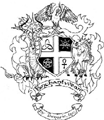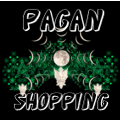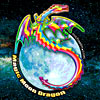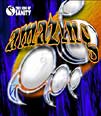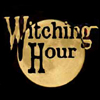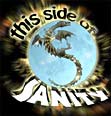Gum bdellium is a transparent yellowish or reddish brown aromatic gum resin similar to myrrh. Also known as guggul. The gum exudate is collected from incisions or spontaneous cracks in the bark of the bdellium tree.
botanical information:
Botanical name: Commiphora spp.
Common names: balsamodendron mukul, bdellium, guggul, guggulu, gugul, gum bdellium, Indian bdellium (false myrrh), sweet myrrh
Hebrew name: bedolach (there is question as to whether the bdellium in the Jewish Bible is the aromatic gum, a precious stone, pearls, or an Arabian amber)
Use the botanical name when ordering seeds (bulbs, etc.) or when looking up information in the library. Common names vary by nation, culture, and region, and sometimes the same common name is applied to different plants.
origin:
Origin: Bdellium is originally from India, Persia, and Africa, and continues to grow wild in the semi-arid Indian (Asia India) states Rajasthan, Gujarat, and Karnataka. Bdellium is used in medicines, as a flavoring for food, and as a binder in perfumes. Bdellium was used as an adulterant to expensive myrrh, but also has its own distinctive fragrance.
astrological correspondences:
Astrological planet: Mars ![]()
magickal correspondences and uses:
Western element: fire
Magickal uses: competition, protection, strength, triumph
Mars spells: Gum bdellium (as an herbal gum) may be used in as an ingredient for magick spells and formulas related to Mars matters (protection and strength). Be careful about substitutions for preparations that will be ingested or come in contact with the skin. These substitutions do not apply to medical uses. See the article on Mars for a list of herbal substitutes for gum bdellium.
Bdellium (Commiphora africana) was used in Arab tribal rituals prior to the invention of Islam.
Medical: Bdellium is highly regarded in Ayurvedic medicine, where it was used to to lower cholesterol. In Western herbologoy, used as a stomachic, carminative, and for colds. Modern studies of traditional Chinese medicine show that bdellium gum lowers cholesterol levels, reduces tissue inflammation, promotes balance in the thyroid gland, and lowers body weight.
Some herbs may be poisonious under some conditions. Exercise appropriate care.
Wild gathering: Avoid wild gathering. Some plants are endangered species. Some plants can be toxic just by touch. Even experts can make deadly misidentifications of wild plants. Please grow your own herbs in your own goddess garden (or window boxes).
Etymology: From the Middle English bdellium 14th century from Latin bdlellium from Greek bdellion, which is a variant of Seitic bdolkhon, related to Akkadian budulhu.




